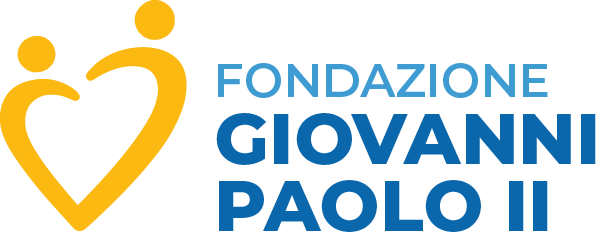
Una nuova stagione produttiva e commerciale per FaV Lebanon
Con la produzione di albicocche, zucchine e carciofi è iniziata in Libano, nel nord della valle della Bekaa, al confine con la Siria, la nuova stagione produttiva e commerciale sotto il marchio FAV (Fruit And Vegetable), che rappresenta le 5 cooperative agricole (Sawa, Kaa El Rim, Ainata, Ain El Qabou, Wadi Al Aarayech) e i loro 220 agricoltori soci, sostenuti dal Programma Small Farmers realizzato dalla Fondazione Giovanni Paolo II grazie ai finanziamenti della Agenzia Italiana per la Cooperazione allo Sviluppo (AICS).
FAV Lebanon, creato per coordinare le cooperative nella costruzione di una rete commerciale internazionale, ha già favorito l’accesso a mercati importanti come quelli del Bahrein nel 2019 e di Dubai lo scorso anno, mete commerciali impensabili pochi anni fa. Il Consorzio in fase di costituzione, risponde infatti a una delle principali richieste individuate non solo nei compratori locali ma soprattutto internazionali, cioè l’esigenza di interfacciarsi con un unico venditore per acquistare diverse tipologie di frutta e verdura di qualità e in grandi quantità. FAV infatti riesce ad offrire per circa 9 mesi produttivi all’anno, più di 30 diversi prodotti da un bacino di oltre 500 piccoli e medi produttori agricoli.
Per la concretizzazione delle attività di esportazioni è stata fondamentale la visita commerciale dello scorso ottobre a Dubai poiché ha permesso di approfondire la conoscenza di uno dei mercati target, estendere la commercializzazione di prodotti fino a fine anno e di instaurare reazioni commerciali utili per la questa nuova stagione produttiva. I rappresentanti di FAV sono in questi giorni nuovamente a Dubai per programmare le prossime spedizioni e per incontrare i nuovi buyers che si sono dimostrati interessati a definire nuovi accordi commerciali. L’attività di esportazione di FAV Lebanon continua quindi la sua graduale crescita, sostenuta dal miglioramento delle pratiche di produzione adottate dai frutticoltori, più orientate verso pratiche agro-ecologiche, e grazie anche alla strategia di marketing che presto lancerà un sito internet dedicato al Consorzio.
Poter contare su questo sbocco commerciale è di vitale importanza per gli agricoltori libanesi soprattutto ora, considerata la grave crisi finanziaria ed economica in cui riversa il paese, misurabile con la drammatica crescita del tasso di inflazione (circa dell’800%) che ha polverizzato il reddito reale della popolazione, e che è stata ulteriormente aggravata dalla pandemia Covid-19 e dall’esplosione del porto di Beirut del 4 agosto 2020.
Per gli agricoltori libanesi esportare significa non solo diversificare i canali di vendita, ma soprattutto poter ricevere in pagamento valuta pregiata, il cosiddetto “fresh money” (dollari) che permette loro un guadagno al riparo dalla svalutazione della lira libanese. Nel luglio 2020 per esempio, i profitti netti per l’esportazione di ciliegie tramite FAV Lebanon sono stati 55% maggiori rispetto a quelli ottenuti vendendo lo stesso prodotto a Ferzol, il principale mercato ortofrutticolo all’ingrosso della valle della Bekaa.
Il percorso di crescita e consolidamento per FAV Lebanon e i suoi produttori è solo all’inizio e servirà un grosso e costante sforzo di tutti gli attori che ad oggi hanno favorito lo sviluppo dei programmi della Fondazione per poter garantire un impatto che non sia di breve termine, ma offra garanzie di sostenibilità economica e ambientale, di inclusione e coesione sociale, in grado di mitigare gli effetti negativi legati all’instabilità economica di questi territori rurali così fragili.

